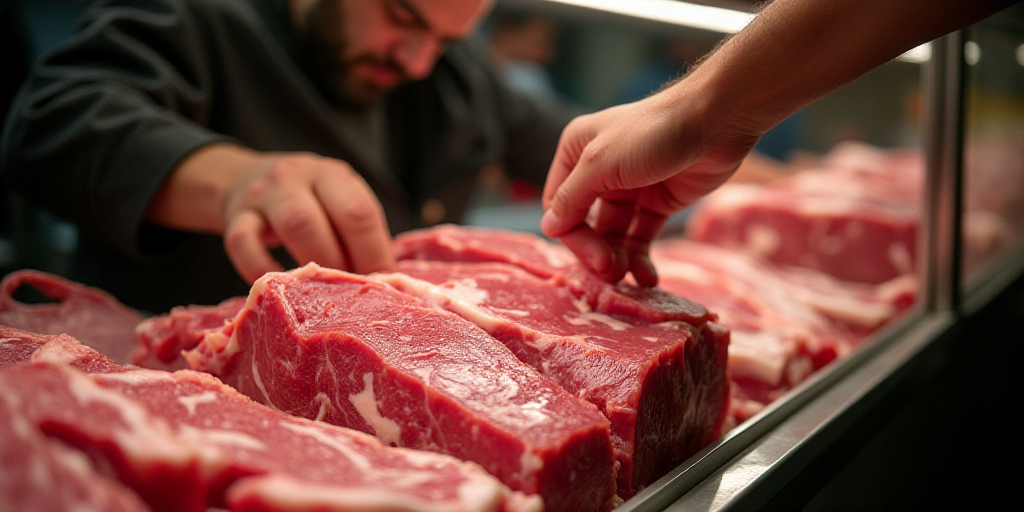Background on the Situation
Mexico’s Secretariat of Agriculture announced the suspension of poultry imports from Brazil due to a highly pathogenic avian influenza (HPAI) outbreak. Brazil, the world’s largest chicken exporter, recently detected the HPAI virus in a commercial poultry farm for the first time.
Impact on Global Trade
This development has led to restrictions from several importers, including China, which was Brazil’s top buyer in the previous year. As a precautionary measure, Mexico has temporarily halted imports of chicken meat, fertile eggs, and live poultry from Brazil.
Argentina has also responded by suspending all poultry product imports from Brazil until the neighboring country is declared free of avian influenza.
Relevance of Brazil’s Poultry Industry
Brazil is a significant player in the global poultry market, accounting for approximately 45% of world chicken exports. The country’s poultry industry is a major contributor to its economy, generating over US$20 billion annually and providing employment for millions of people.
The HPAI outbreak poses a considerable threat to Brazil’s poultry sector, as it can lead to severe economic losses due to culling of infected flocks, trade restrictions, and decreased consumer confidence.
Consequences for Consumers
The suspension of poultry imports from Brazil may result in temporary shortages or price increases for chicken products in Mexico and Argentina. Consumers might notice a reduced variety of poultry products or higher prices as suppliers seek alternative sources.
In the long term, these restrictions could encourage local poultry producers to expand their operations to meet the demand and potentially strengthen domestic industries.
International Cooperation
The HPAI outbreak in Brazil highlights the importance of international cooperation in managing animal health risks. Countries must work together to share information, implement biosecurity measures, and monitor disease outbreaks to protect global food supplies.
Such collaborative efforts can help prevent the spread of diseases, safeguard international trade, and ensure food security for millions of people worldwide.
Key Questions and Answers
- What is the highly pathogenic avian influenza (HPAI) virus? HPAI is a contagious viral disease that primarily affects birds, causing severe illness and high mortality rates. It can also pose a risk to human health through direct contact with infected birds or contaminated surfaces.
- Why is Brazil’s HPAI outbreak significant? Brazil being the world’s largest chicken exporter, the outbreak poses a considerable threat to global poultry trade and food security. It has led to import restrictions from major buyers like China and Mexico, impacting both the Brazilian and international poultry industries.
- How will this situation affect consumers in Mexico and Argentina? Temporary shortages or price increases for chicken products are likely in both countries. This situation might also encourage local poultry producers to expand their operations, potentially strengthening domestic industries in the long term.
- What can be done to prevent future outbreaks? International cooperation is crucial in managing animal health risks. Countries should share information, implement biosecurity measures, and monitor disease outbreaks to protect global food supplies and ensure food security.






